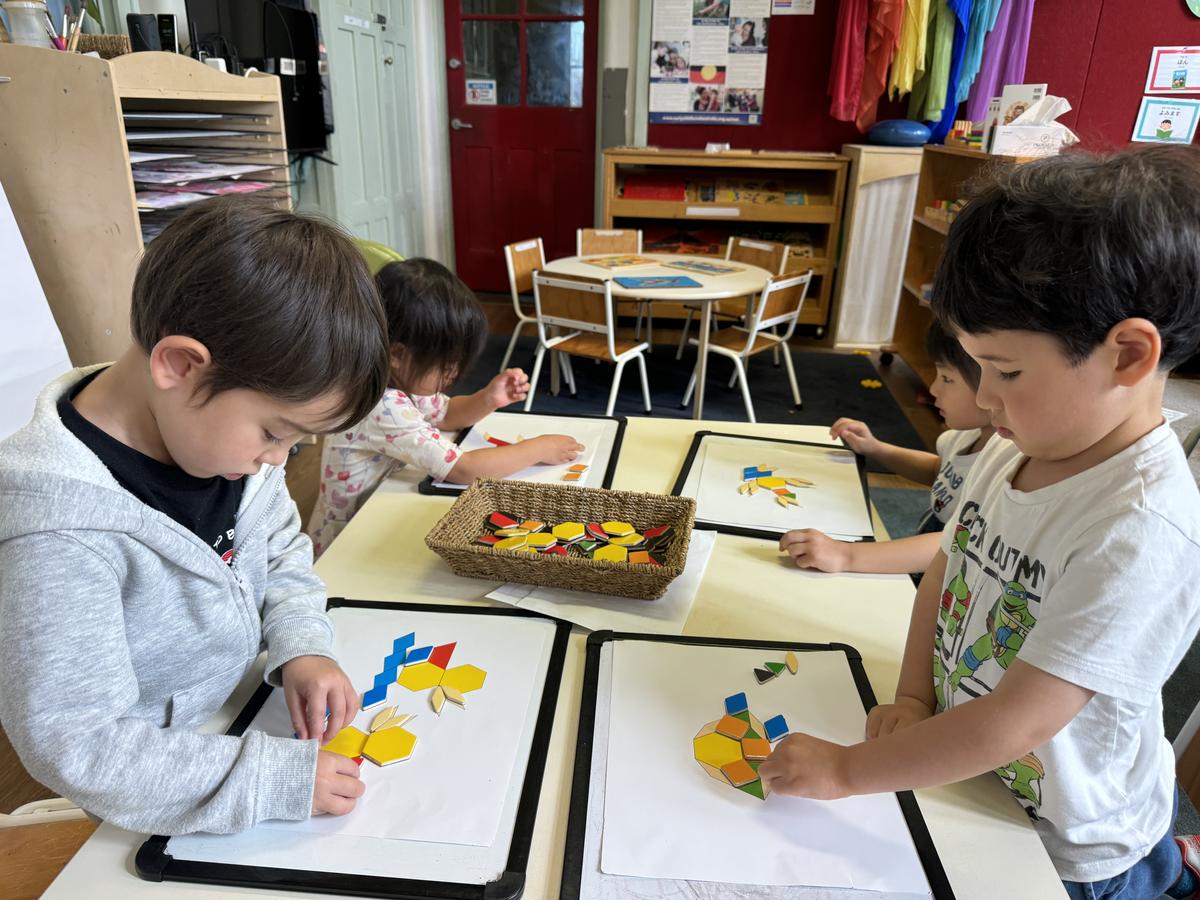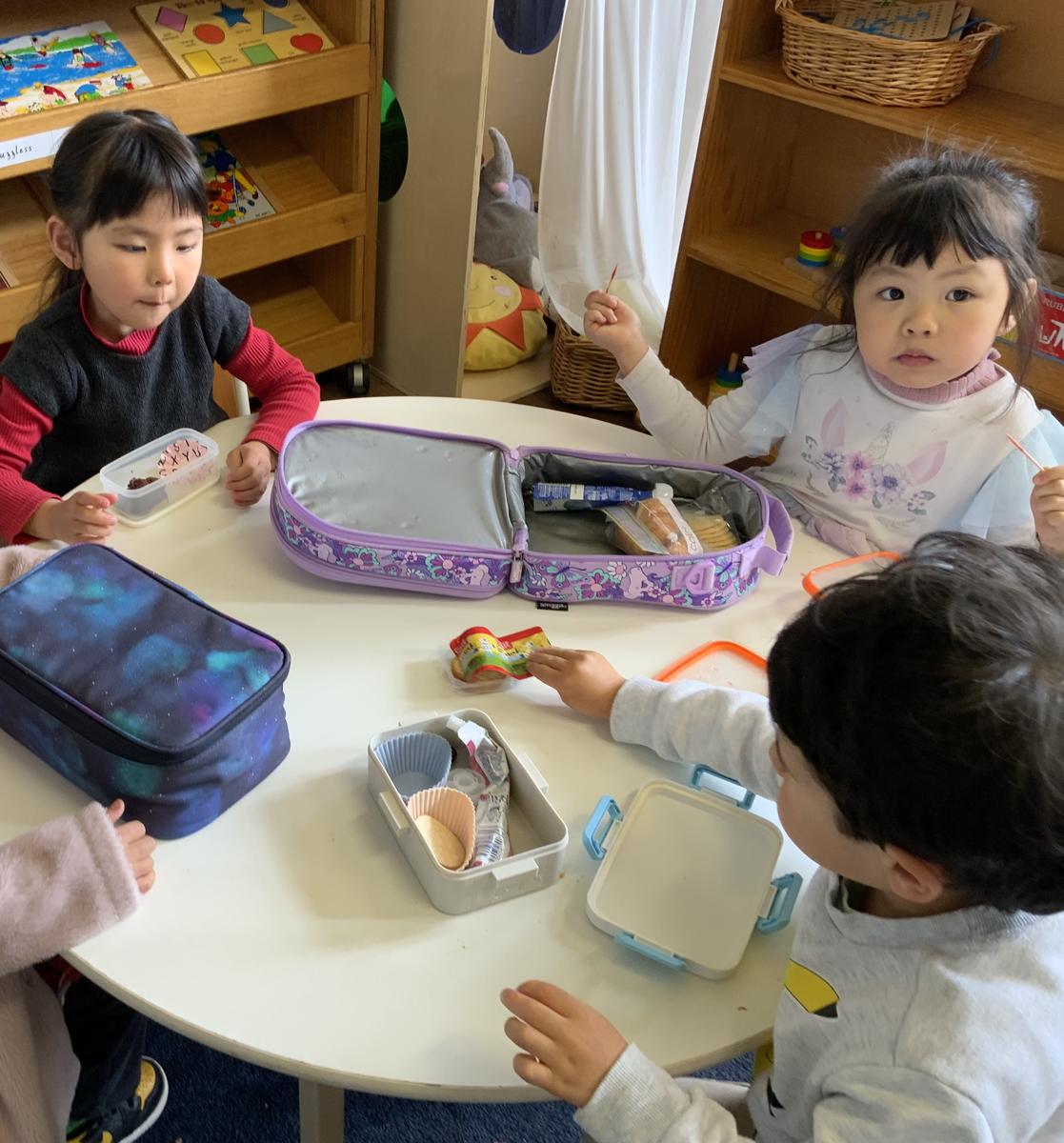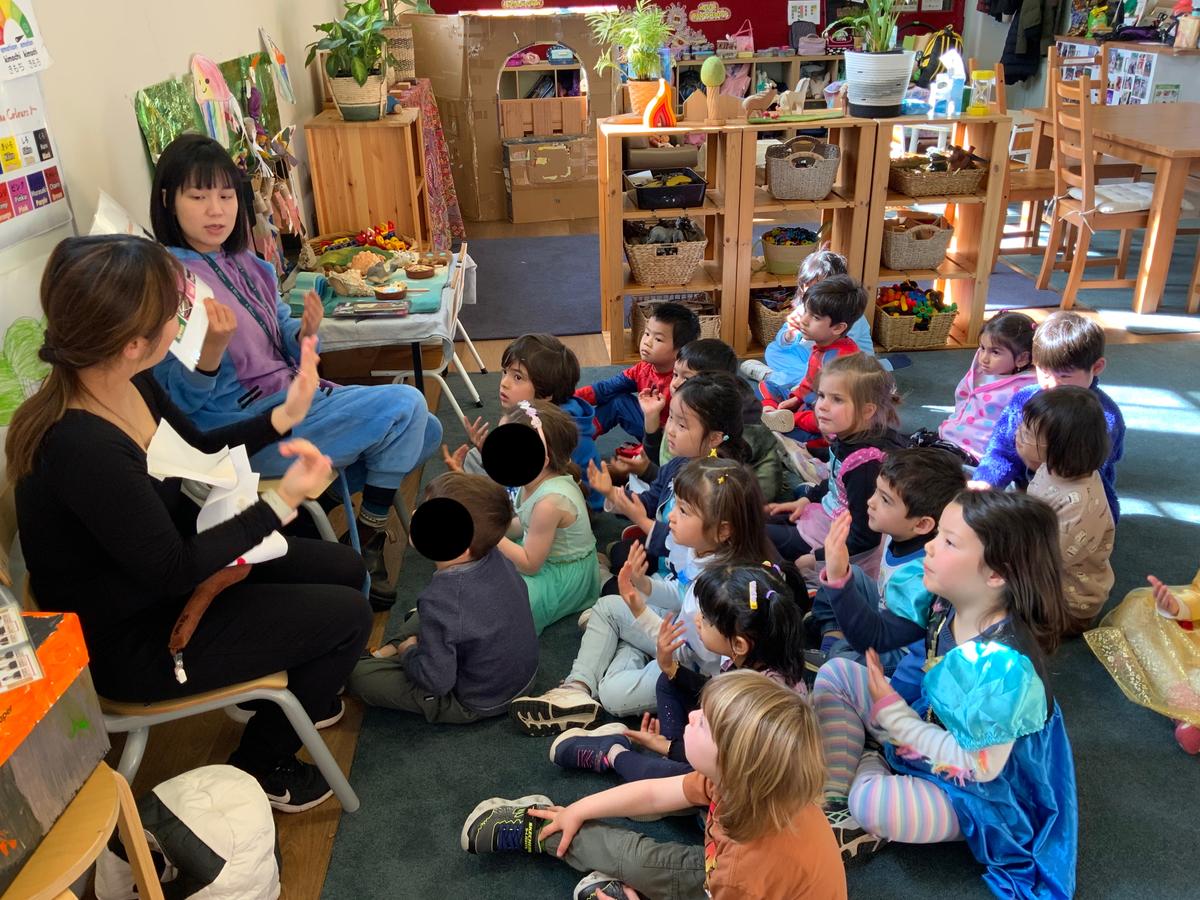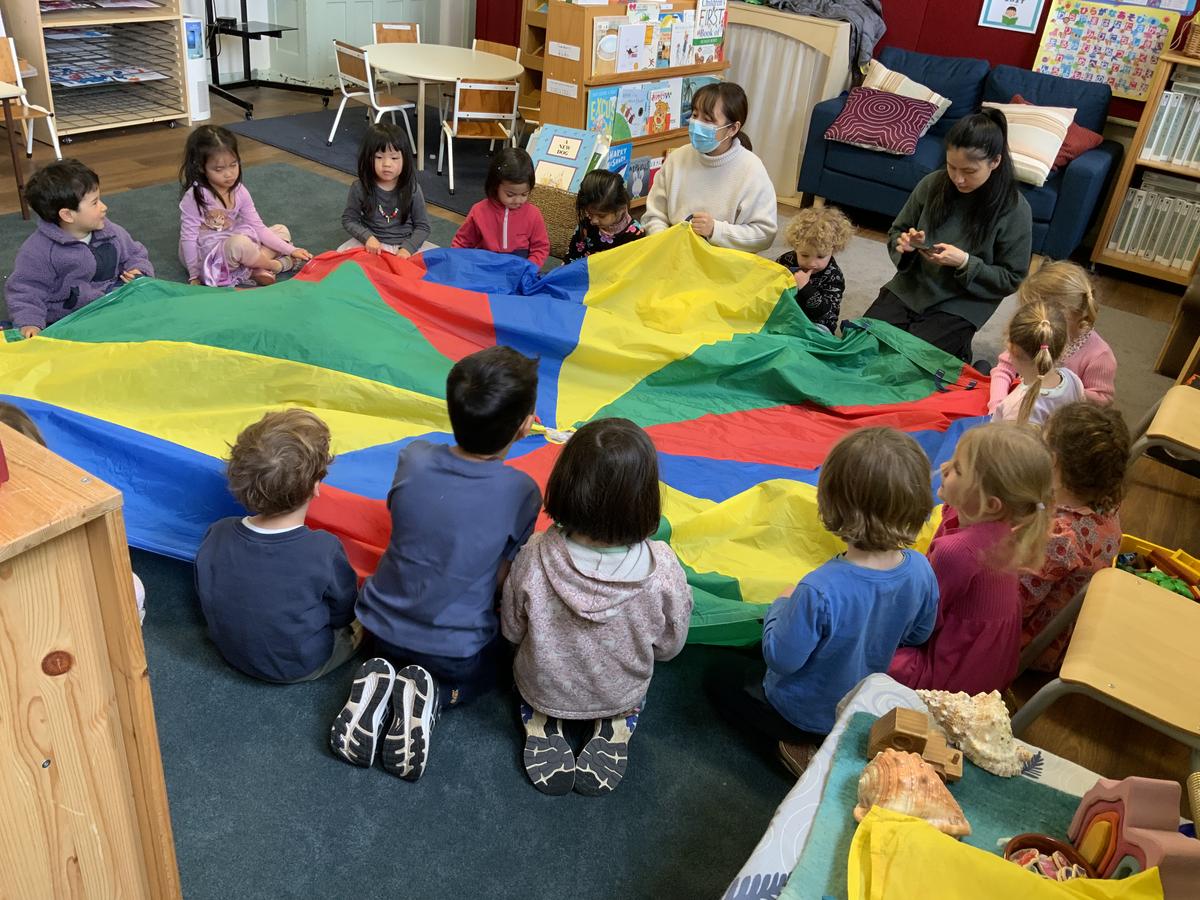Glen Education Caulfield Primary
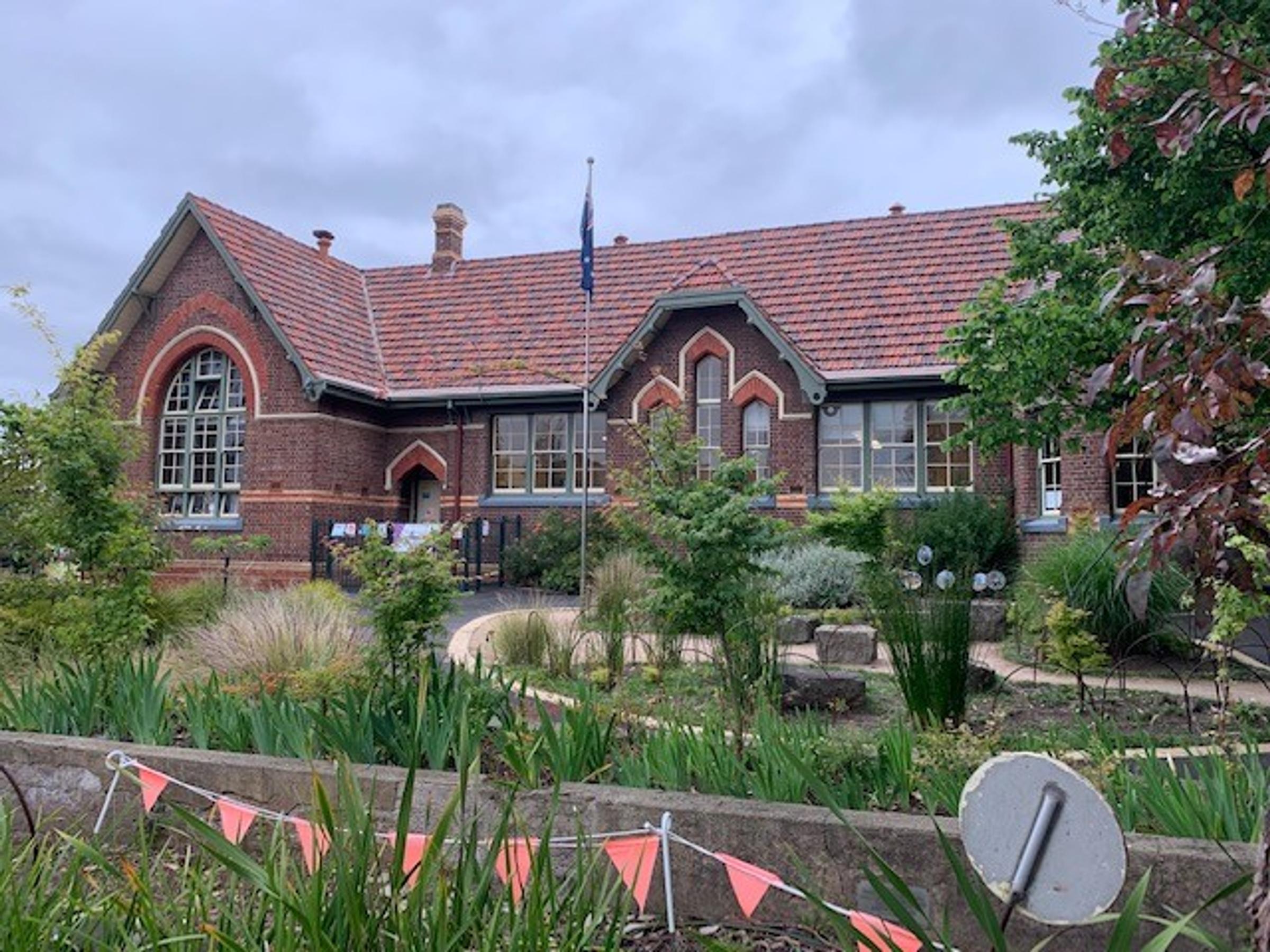
Preparing children for a positive transition to school
By Ann, Luna and Nanako, Glen Caulfield Primary Educational Team
At Caulfield Primary Kindergarten, we are dedicated to ensuring each child experiences a smooth, confident transition to primary school. Through intentional strategies that foster independence, concentration, and readiness, we create a nurturing environment that engages families and enhances our Term 4 program. Our goal is to make this important milestone a joyful experience for every child in our care.
Intentional Preparation for School Readiness
Our daily program is thoughtfully designed to incorporate routines that reflect a typical school day. By familiarising children with what to expect, we help ease their transition. Group activities promote essential skills like listening, turn-taking, and following multi-step instructions. Many learning experiences are self-directed, allowing children to take ownership of their tasks, while guided projects encourage collaboration. Through these practices, our children build the confidence and focus they’ll need in a school setting.
Engaging Families in the Transition Process
We believe that a successful transition to school is strengthened through collaboration with families. Our newsletters, reflections, and progress updates keep parents informed on our preparations for this next step. We also provide practical advice for fostering independence and enhancing social skills at home, empowering families to play an active role in the transition. Simple activities, like packing bags and practicing self-care skills, can significantly boost children's confidence.
Adapting Our Program in Term 4
This term, we’ve made specific adjustments to encourage independence and self-regulation. We’ve introduced longer group times with engaging stories and action songs requiring multi-step participation. Activities such as threading, Hama beads, and challenging puzzles help children build concentration in a supportive environment. Children are also encouraged to manage their belongings independently, reinforcing responsibility and confidence. To nurture social skills, we share stories about friendship and teach phrases children can use in new social settings or when seeking help.
Meeting Individual Needs in a Multi-Age Program
In our multi-age classroom, we recognize that each child’s readiness for school is unique. Flexible activities cater to varying developmental stages, allowing every child to participate at their own level. Educators work closely with families to understand each child’s strengths, needs, and readiness goals. By tailoring experiences for individual growth and offering additional support, we ensure that all children are well-prepared for their transition to school.
Collaborative Transition Planning for the Japanese Bilingual Program
Throughout the year, Japanese language teachers and Prep teachers collaborate on transition planning, with Prep teachers sharing key phrases and songs from the school curriculum. This alignment has been positively received by both the school community and families, as it supports children transitioning to the emerging Japanese bilingual program at the primary school level.
Play-Based Experiences for a Smoother Transition
We support children’s development of identity and social skills through activities like name recognition, which helps them understand and celebrate their own identity. Peer interaction is also encouraged, whether children are washing hands together or sharing conversations at the table, fostering social connections. We promote problem-solving through play-based numeracy experiences, where children explore, question, and experiment with numbers, patterns, and logical thinking. These foundational skills grow through engaging activities like puzzles, counting games, and exploring shapes and measurements.
Through intentional practices and strong family partnerships, we take pride in helping each child feel confident, capable, and excited about their journey to primary school.

